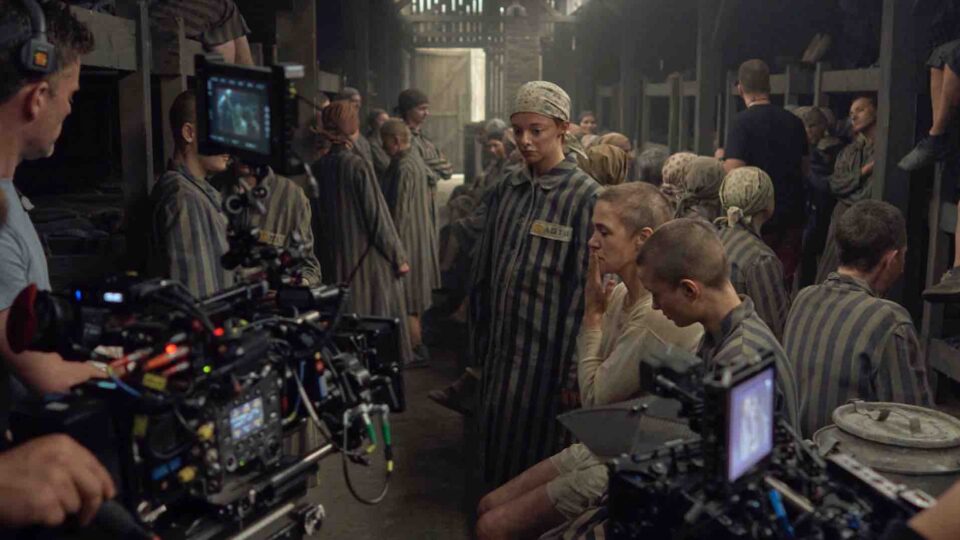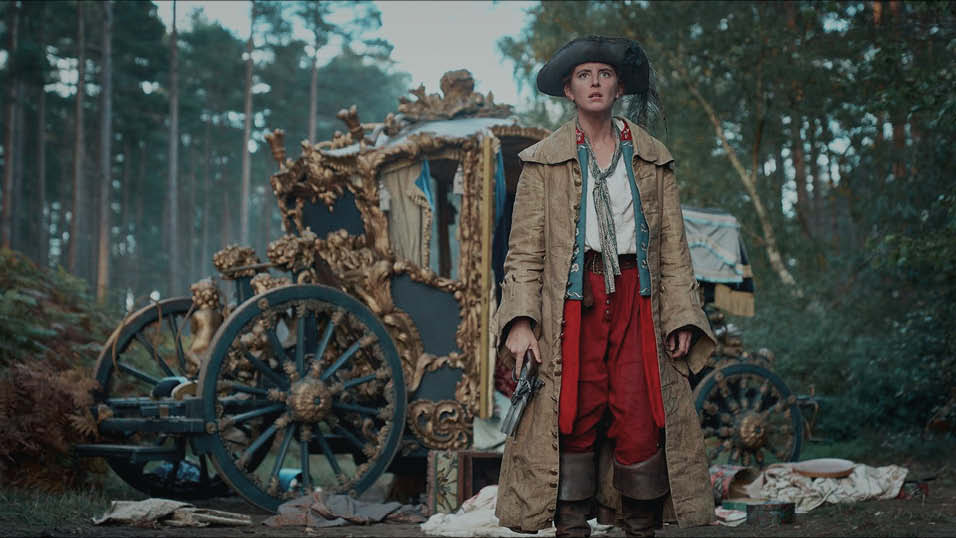Vfx education in the UK is having to shape up following the publication of the Next-Gen report, but some colleges and universities have much further to go than others. There are already some standout examples of good practice, including the University of Hertfordshire, which created its vfx degree course after extensive liaison with a number of leading UK vfx companies.
Mark Wallman, visual effects BA course leader at the University of Hertfordshire explains why he believes vfx education in the UK is in the state it’s in. A shorter version of this interview appears on page 23 of the June 2011 issue of Televisual.

Are universities/colleges out of date when it comes to the vfx software they use?
Yes. Having worked for 10 years plus in Soho, in companies such as Double Negative, The Mill, Framestore and Cinesite on many different feature films, you begin to see a pattern in the software being used. Although it’s my first year as a full time lecturer I had previously lectured at other universities. Those universities had a big disconnect between what they were teaching and the skills the students needed to get jobs. We are lucky in our university to have Maya, Nuke and now Mari as the main vfx teaching tools.
Do you believe the standard of vfx education in the UK falls behind the US and elsewhere, as claimed in the ‘Next Gen’ report?
Currently, yes. I believe you cannot teach vfx or games art or 3D with a commercial focus without having yourself worked in the industry. I’ve noticed many lectures in higher education in universities throughout England have never worked in the field they are teaching in. They also have a rather institutionalised view of the world. Teaching something creative should not be something you do just pay your bills. You need to have a driven passion for it.
What is the University of Hertfordshire doing to ensure students receive high quality vfx training?
I only took the job at the University of Hertfordshire because everyone who teaches there has come from the industry. I feel this is really important. And the university approached Soho Companies such as Double Negative and Framestore when first setting up the course to ask what skills the students needed to learn to gain the correct skills. So the whole course is based on industry advice.
We also have all the top companies frequently coming in to give presentations and tutorials to the students. We recently had an animator from Double Negative coming in to do a lunchtime talk, which ended up going on much longer than planned. The students were passionate and he was passionate – it was a great atmosphere. Furthermore, we get cg artists from around the world to help design and input into the courses we run.
Our vfx students work on the roto, matchmoving, compositing and 3D on live projects – pop videos, TV commercials, idents on the BBC, etc – and next year hopefully this will also include professional film work. All our vfx students gain a thorough knowledge of the vfx process and from my time at The Mill, I can show them the full process/pipeline. Now The Foundry are pushing Nuke in education, it’s a real help as budgets are tight.
Staff Reporter
Share this story

















